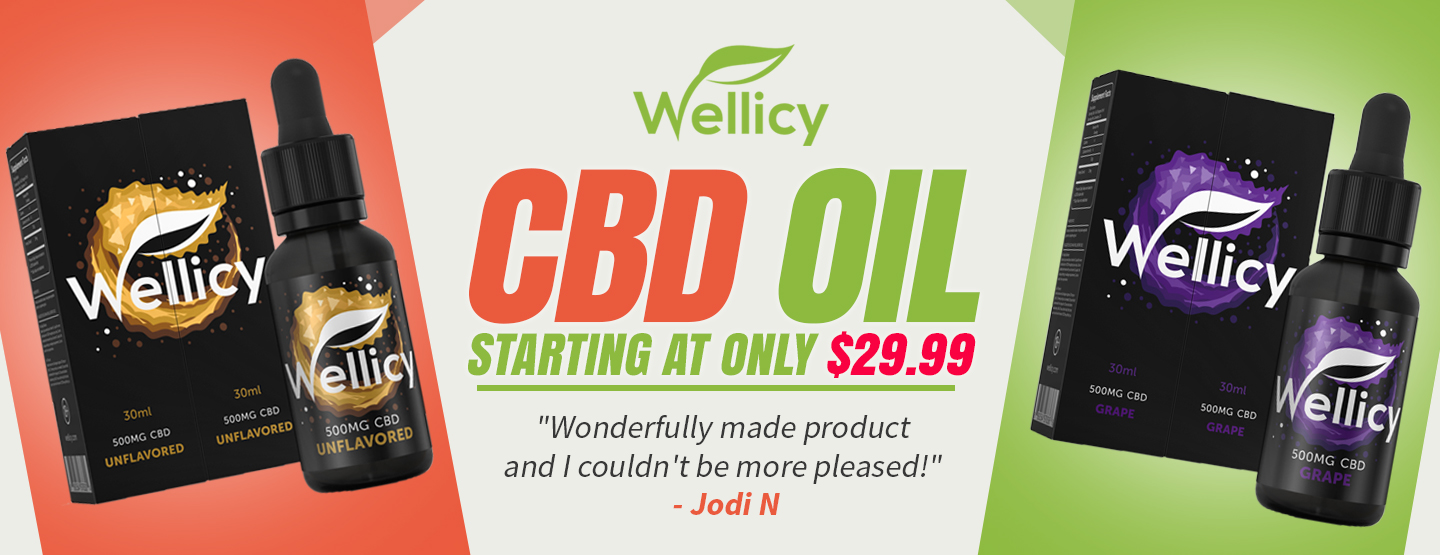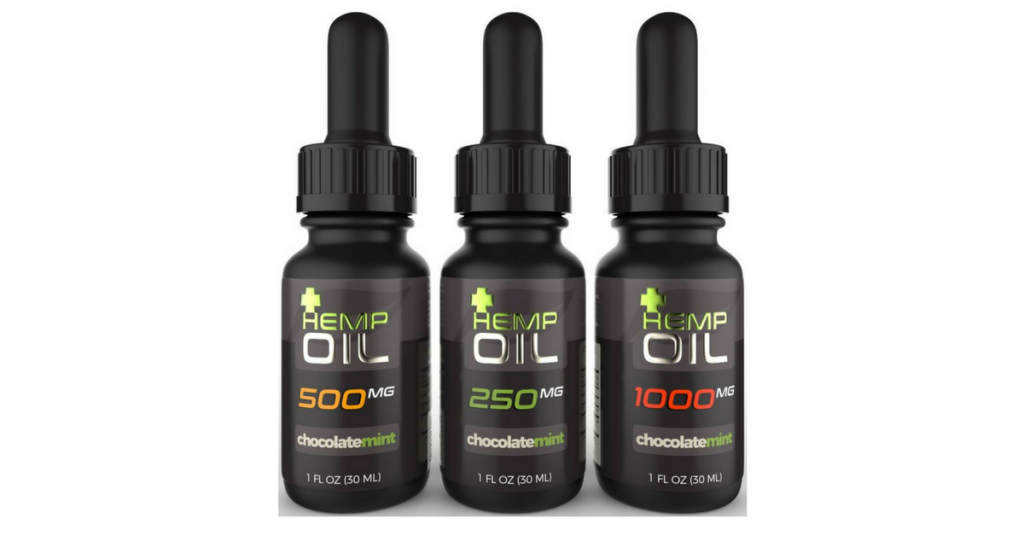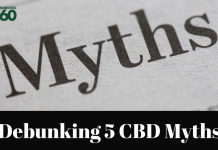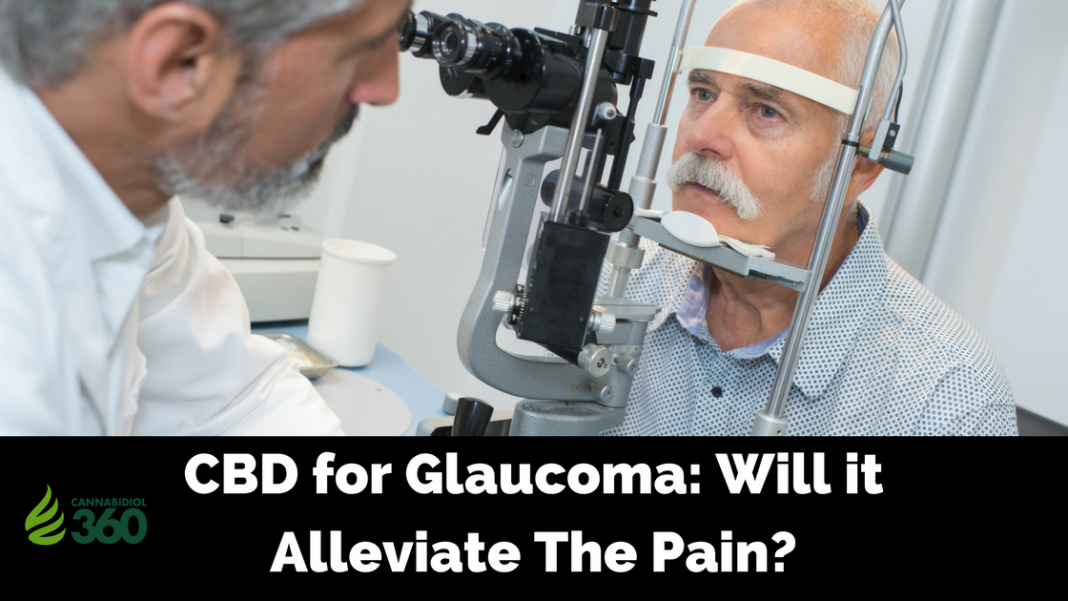
Glaucoma is a severe degenerative disease that can cause permanent blindness if it goes untreated. This disease will sneak up on you with no warning, making it imperative you see the eye doctor on a regular basis.
Cannabidiol (CBD) has shown in studies that it can not only help reduce the damage caused by glaucoma, but it can also help with many of the risk factors that lead to this disease.
Through its interaction with the endocannabinoid system, CBD hemp oil has proven a valid treatment option for making glaucoma more manageable.
What Is Glaucoma
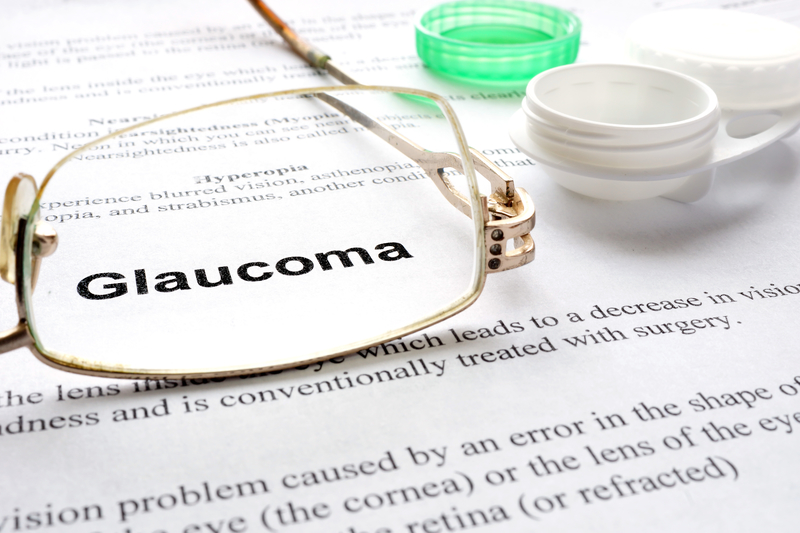
Glaucoma is a degenerative disease that causes high pressure in the eye’s optic nerve. This increase in intraocular pressure can cause damage to the optic nerve which is what sends images to your brain.
If this pressure persists, it can cause permanent damage and lead to complete blindness.
How It Works
In your eye, you have fluid called aqueous humor that flows out of your eye through a mesh-like channel. If this channel gets blocked in any way, the liquid builds up which causes the pressure.
With the most popular form of glaucoma, open angle or wide-angle glaucoma, the draining structure called the trabecular meshwork is there, but it doesn’t work properly.
The less common angle closure glaucoma is when the pathways used for draining are too narrow causing build up.
Risk Factors For Glaucoma
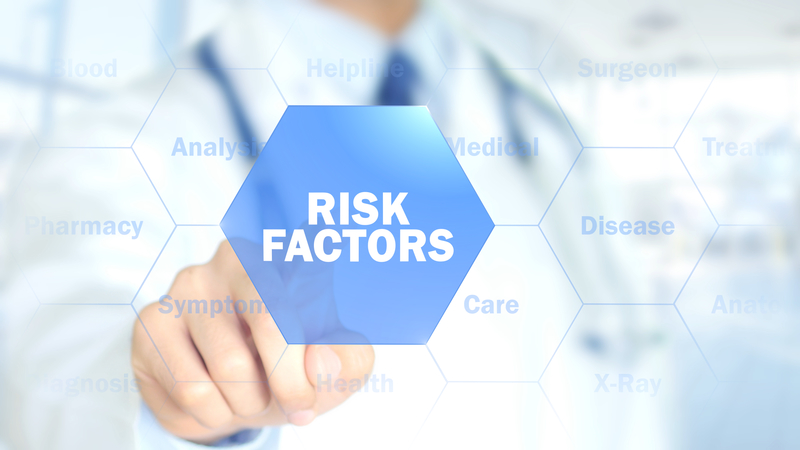
Doctors aren’t quite sure how this painful phenomenon happens, but they do know that this disease is inherited along with several risk factors that make it more likely for someone to develop this disease.
Diabetes
While there is still much to discuss in the scientific world, it has come to light that type 2 diabetes may be a risk factor for glaucoma because of insulin resistance.
Untreated type 2 diabetes can lead to your eyes not getting enough blood or oxygen which is called diabetic retinopathy.
This makes your eye form new blood vessels which can impair the draining process causing pressure build up.
Hypertension
Elevated blood pressure was once thought to help combat the intraocular pressure that causes glaucoma. However, studies have found that hypertension can cause more harm than good.
Studies explain that having high blood pressure for a long period can cause damage to blood vessels in the eye. This damage makes it difficult for your eye to manage the new blood flow when the eye pressure is increased.
Inflammation
Studies have also suggested that a significant cause of high intraocular pressure is due to inflammation. Studies have found that about 20% of patients with glaucoma have uveitic glaucoma or inflammatory glaucoma.
Who Is Most Likely To Develop Glaucoma?
- People over the age of 40
- People who have African-American, Hispanic, Irish, Russian, Inuit, Scandinavian descent
- People who have a family history of glaucoma
- People who have poor vision
- People who take certain steroid medications
- Someone who has had trauma to their eye
What Are The Symptoms Of Glaucoma?

Glaucoma is called “The Sneak Thief Of Vision” because it isn’t likely that you’ll have any symptoms of this disease when it begins to take hold.
Once you do start seeing any of these symptoms, you need to seek medical care immediately.
- Halos around lights
- Vision loss
- Redness in the eye
- An eye or both eyes looking hazy
- Nausea or vomiting
- Eye pain
- Narrowed vision or tunnel vision
How To Treat Glaucoma
If you catch glaucoma early enough, you can be prescribed eye drops or creams that may help with the pressure and damage.
When the disease is far along, many people have to result to surgery. There are also preventative measures you can take such as a healthy diet and exercise that can help with some of the symptoms.
With new cannabis research emerging, people are finding that cannabis oils like CBD oil are helping to reduce the severity of this terrifying disease.
What Is Cannabidiol (CBD)?
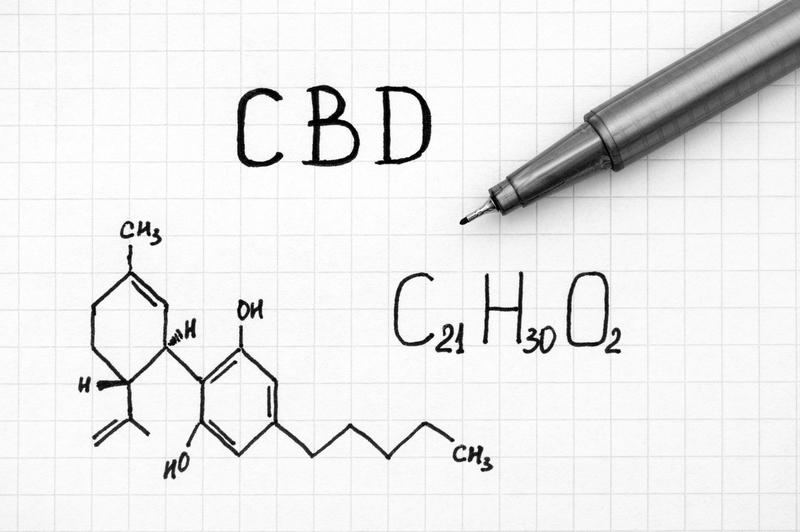
Cannabidiol (CBD) is a chemical found in the cannabis sativa plant. Unlike the famous chemical THC, CBD doesn’t get the user high.
CBD oil helps your body without giving the user a feeling of intoxication because it indirectly interacts with our body’s endocannabinoid system opposed to binding directly like THC.
What Is The Endocannabinoid System
When you cut your finger, your blood somehow knows to clot the area and begin to repair. When you have a virus, your body figures out that it needs to raise the body temperature to fight it off.
This is all thanks to our body’s endocannabinoid system which has the job of maintaining homeostasis.
Parts Of The Endocannabinoid System
Homeostasis is a process that keeps our body regulated. The many parts of the endocannabinoid system work together to maintain standard functions throughout all of our body’s operations.
Endocannabinoids
Endocannabinoids are chemicals that your body creates that play a considerable role in homeostasis. The two endocannabinoids that we know of today are anandamide and 2-ag.
These chemicals bind to cannabinoid receptors and through a process called retrograde signaling, they can transmit a message from the receiving cell to the sending cell.
Traveling backward through the synapse is how they can manage their job of regulating your body because they can tell the sending cell to reduce or enhance activity.
Cannabinoid Receptors
There are two different types of cannabinoid receptors that we know of today, the CB1 and CB2 receptors. Each kind of receptor has their role to play in homeostasis and needs an endocannabinoid to do it.
CB1 Receptor
The CB1 cannabinoid receptor is located all over the body but is more densely populated in the brain. Its primary focus is to mediate the functions of your nervous system.
The endocannabinoid that binds to this receptor is anandamide, helping to control your mood, sleep cycle, appetite, and sensitivity to pain.
CB2 Receptor
The CB2 receptors are found all throughout your body covering your tissue and organs. This cannabinoid receptor binds to the endocannabinoid 2-ag and runs the role of controlling your immune system.
Metabolic Enzymes
If you produced endocannabinoids and they stayed in your brain, it would cause a build-up of debris making communication from neuron to neuron difficult.
Metabolic enzymes synthesize endocannabinoids for use, and when they are no longer needed these enzymes will break the endocannabinoids down.
How CBD Oil Can Help With Glaucoma
While the majority of studies have shown that THC reduces the intraocular pressure, CBD has demonstrated that it can help reduce the damage done by this pressure.
Glaucoma is caused by an excessive release of a chemical compound called glutamate. This compound causes the death of retinal neurons because of the formation of peroxynitrite which is usually stable but can cause severe cellular damage.
Cannabinoids like cannabidiol have shown to help protect the neurons from glutamate-induced cell death.
In a study, CBD helped reduce the formation of peroxynitrite which indicates its validity as a treatment option for glaucoma. And that’s not all; cannabidiol can help with several of the risk factors that lead to glaucoma as well.
CBD and Diabetes
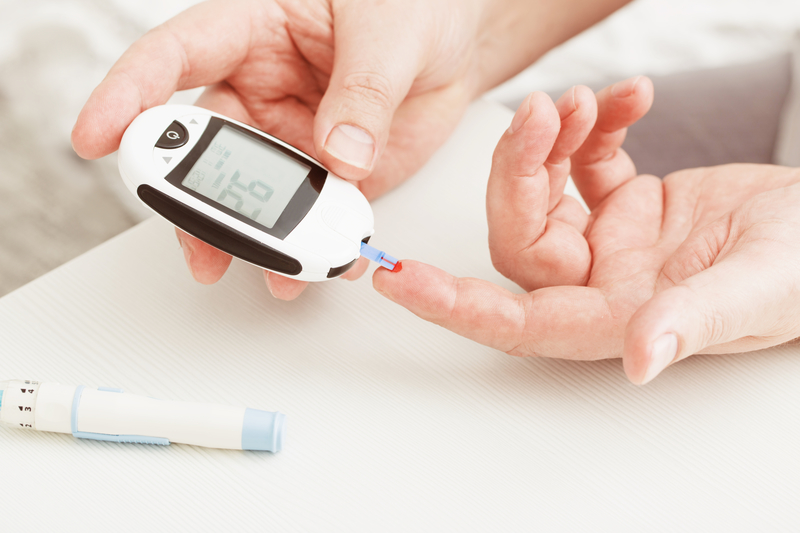
When someone develops type 2 diabetes, their body is producing a hormone called resistin. This hormone doesn’t only make your blood sugar higher; it has also been linked to inflammation, endothelial dysfunction, thrombosis, angiogenesis and smooth muscle cell dysfunction.
While studies have suggested that elevated blood sugar levels can help the retinol ganglion cells function more efficiently, in long-term this condition can lead to glaucoma.
Cannabidiol can help with diabetes through inhibiting the production of resistin. For patients who have been suffering from diabetes for a more extended period, CBD oil can also help with tissue scarring, stress, and cell death that results from this condition.
CBD and High Blood Pressure
While an elevated blood pressure may have been thought to be beneficial, it’s now known that high blood pressure for extended periods can cause damage.
When your blood pressure is high, the blood cells are being squeezed through the arteries and beating up against the arterial walls causing them to crack or rupture. This includes causing damage to the vessels in the eye.
Cannabidiol is a vasodilator which means it allows blood to flow more freely through dilating blood vessels, taking away the pressure put on the arterial walls.
In a study where healthy subjects were given CBD, their blood pressure was lowered by just a single dose. Hemp oil has also shown that it can reduce the number of dead cells due to a low blood supply.
CBD and Inflammation
Inflammation is your body’s way of protecting you; it’s not all bad. The problem with inflammation is when it is too much, and it is either reducing healing time or causing damage.
Because of cannabidiol’s interaction with the CB2 cannabinoid receptor, CBD has become well known for its ability to reduce inflammation.
The CB2 receptor that binds with the 2-ag endocannabinoid mediates the immune functions of your body.
When taking CBD, the endocannabinoid is enhanced giving it a stronger ability to control the status of your immune system.
When 2-ag binds to the CB2 receptor, it sends a message to stop sending an unhealthy amount of attack cells to the afflicted area which reduces inflammation.
Talk To Your Doctor About Using CBD
If you are considering taking CBD oil, it is best to bring your doctor into the loop. If you are taking any medications, CBD oil could make your body metabolize them differently making them less effective.
Letting your doctor know what you plan to do for your treatment can help them adjust your medication or counsel you about your options to find the best possible treatment!
Do you have experience with using CBD to treat glaucoma? Let us know what your experience was in the comments section below!

